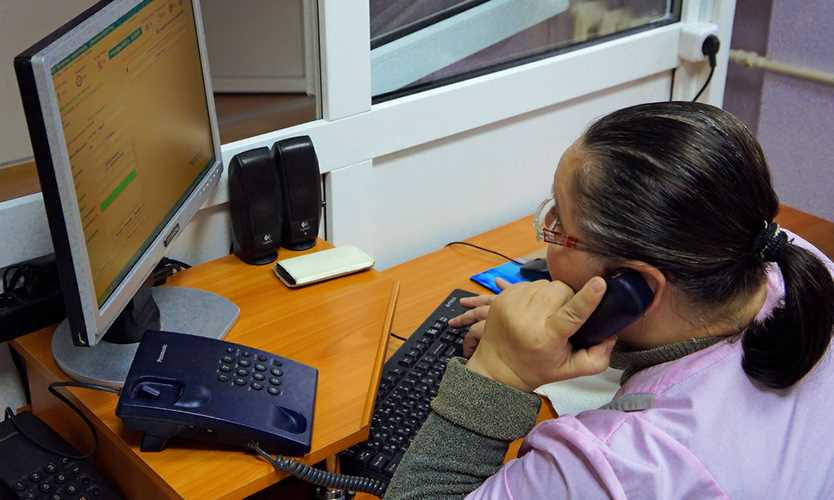By Gerry
Here we go again. This time it is 911 Operators who will be receiving presumptive status. This idea in politicians heads that they have to keep adding more and more occupational groups to the list questions the mentality of people. Simply give all workers presumptive status and let WCB prove contrary which is the way that workers compensation was first meant to be since 1908. It must be remembered that in the U.S. they adjudicate claims on an adversarial system as opposed in Canada which is supposed to be an inquiry system with the burden of proof on the “Board” both for and against but at some time over the course of a hundred years, the inquiry system become an adversarial system which placed the burden of proof on workers with WCB representing the interests of employers during the appeals process and on Judicial Review.
Few states include 911 operators in first responder presumption cover
Angela ChildersFebruary 27, 2019 REPRINTS
RegulationWorkers Comp CoverageWorkplace Safety

A bill adopted by the Idaho Senate on Feb. 12 to allow post-traumatic stress disorder benefits for first responders under the state’s workers compensation system is drawing on a trend in presumption laws related to mental injuries, but is fairly unique because the proposed legislation includes 911 operators among those who can seek PTSD coverage.
Idaho’s move is in line with the more than 12 states with laws in the books for first responders who are diagnosed with PTSD, and is in line with the emerging trend of presumption laws that do not require that a mental injury be associated with one event. Minnesota, Florida and Washington passed such laws for first responders in 2018.
Most laws provide details on who is eligible — naming “peace officers,” “law enforcement officers” or “firefighters.” Less common is the inclusion of those who answer emergency calls, such as 911 dispatchers. Minnesota’s new law lists “public safety dispatcher” among those eligible while Florida’s law is less specific, requiring that the employees “witness” tragedy and later lists “hearing” an event —but never names dispatchers.
Brian Fontes, the CEO of Alexandria, Virginia-based National Emergency Number Association, said he applauds legislation that includes 911 dispatchers because it “reflects the reality of the job. These folks, like police and fire, are subject to the effects of PTSD and by having it in the law, it allows them, in essence, the same remedies,” he said.
A Northern Illinois University study published in the Journal of Traumatic Stress in 2012 found that the rate of PTSD among 800 surveyed emergency telecommunicators was between 18% and 24%.
Dr. Joel Fay, a retired police officer and psychologist and co-founder of the First Responders Support Network in Napa County, California, said he doesn’t see why 911 dispatchers would be excluded from this type of legislation.
“While their lives might not specifically be in danger … they have a great deal of exposure to trauma,” he said. “Most of it might be vicarious, but some is really direct when you hear what’s going on and can’t do anything to stop it.”